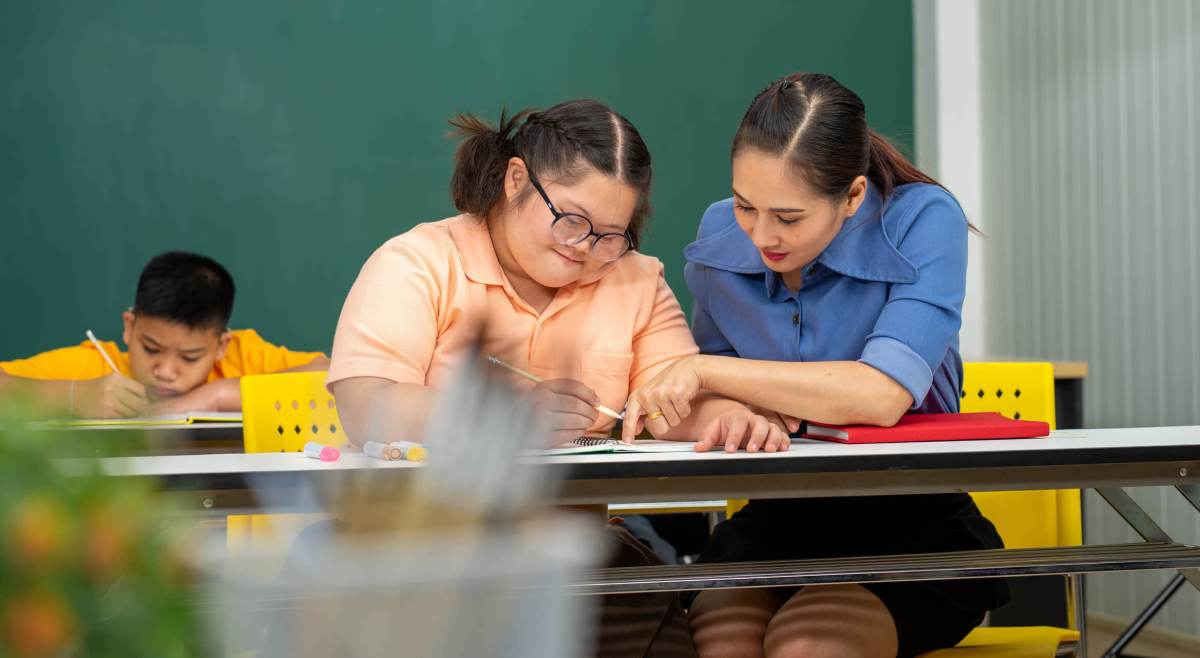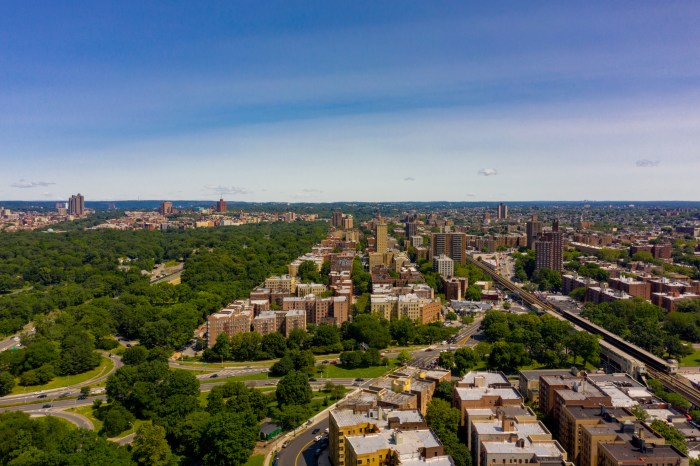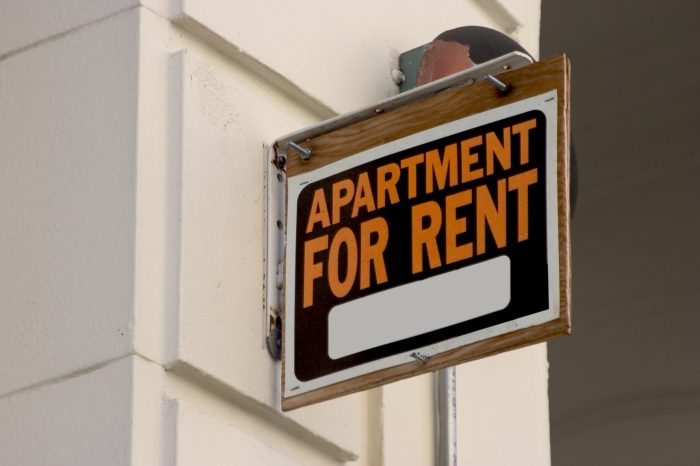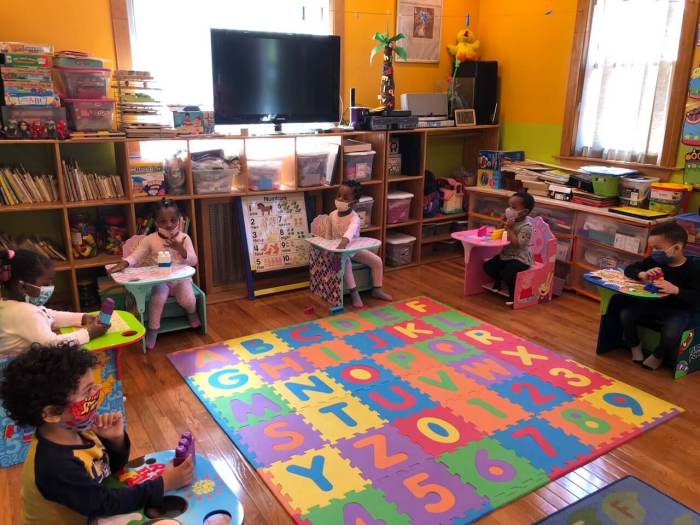The education system for New York City students with autism and other developmental disabilities has reached a crisis. For decades, special ed preschool and school age programs have not been funded at the same level as public schools. With the stroke of her pen, Gov. Kathy Hochul can resolve this funding inequity crisis.
As a provider of education programs for some of our city’s students with significant disabilities, we can’t accept anything but funding parity. Over the last five years, 33 4410 preschools, as their known, have closed in New York City; that’s more than half of the closures across the state. The impact of these programs closing is not only hurting our children, their families and school staff, but it also will come at a steeper cost to society if we don’t do something now. Research shows that special education programs can enhance a child’s independence and likelihood for a productive future.
Children are placed in these state-approved specialized schools because New York City’s public school districts don’t have appropriate services to support them.
Since 2012, state aid for local school districts has increased 46%. During the same period of time, the 853 schools – which serve school aged children, have seen a 26% increase in funding, while 4410 schools have only seen a 10% increase. This year, the State Education Department requested a 7% increase for our schools but the NYS Division of Budget approved only 4%. You do the math.
Without meaningful annual increases at the same level as every other public school in the state, it will be impossible for these schools to retain and recruit certified special education teachers. The New York City Board of Education can lure them away with salaries, often, $30,000 or more higher. We need certified special education teachers to implement Individualized Education Plans. You can’t blame teachers for leaving. But how do you explain staff turnover to a 4 or 5-year-old with autism and to their parents? Many of our children thrive on familiarity and routines. Changing teachers at any point during the school year can erase the progress that a child has made, and possibly lead to regressions.
Chris Treiber, associate executive director of children’s services, with the InterAgency Council of Developmental Disabilities Agencies, Inc., said this day was inevitable, after years of unequal funding.
“Our schools always knew their teachers would stay a year or two,” Treiber said. “They’d get experience, leave for public school and make more money. It was a revolving door. The problem now is that no one is coming in and everyone is leaving.”
A recent IAC survey found that 98% of IAC member 4410 and 853 schools in the city have received fewer resumes than the previous year. With a severe staffing shortage, 90 preschool classes remain closed, while 34 school age classes can’t open.
The teacher vacancy rates in both the 4410 and 853 schools nearly doubled since the 2016-2017 school year, the survey found. Last year, there was a 33% teacher vacancy in the preschools and 29% in school age programs, according to IAC.
A parent of one of our preschoolers extended an open invitation for the governor to visit our schools and see what our students need.
The students we support in our programs are public school students. They deserve the same benefits as any other students in the school system.
Without the governor’s signature, there will be more closings and no guarantees that preschoolers and school-age students with significant disabilities will have access to a free and appropriate education.
“I want to see this come across the finish line, and make sure that the governor signs it into law,” Assembly Member Charles Fall, of Staten Island, said during a recent rally.
So do we. Children’s futures depend on it.
Marco Damiani is CEO of AHRC NYC.


































